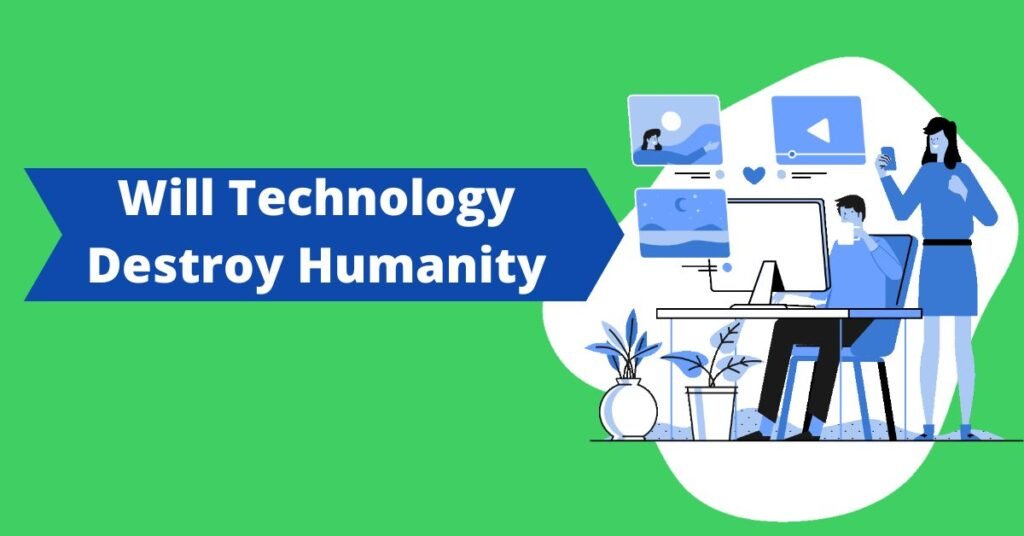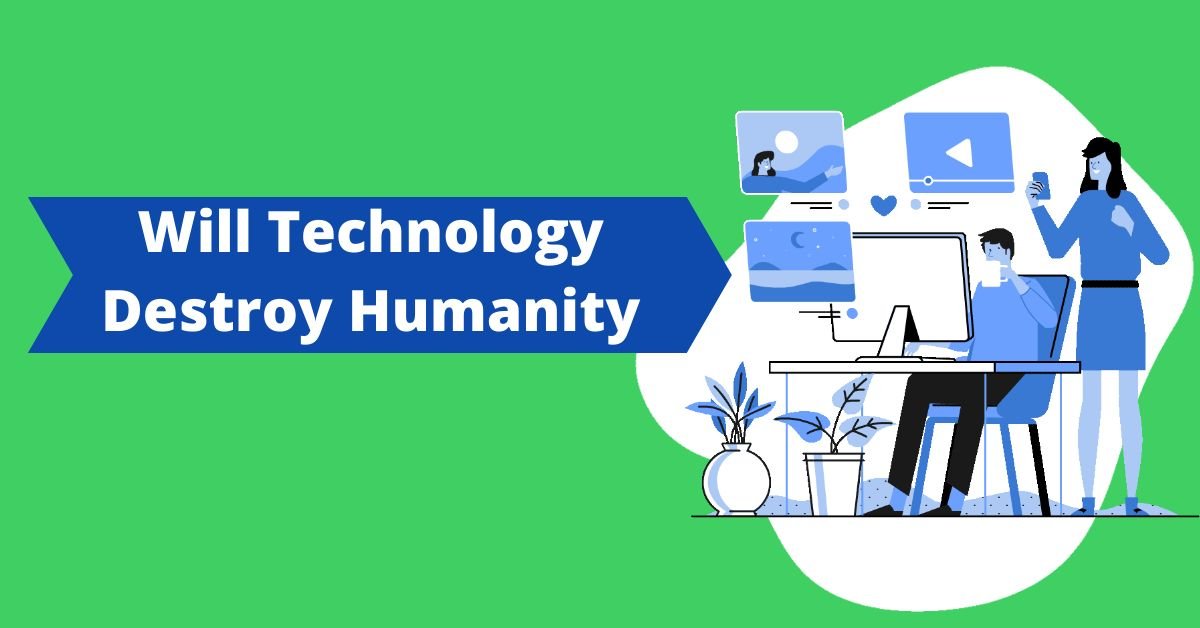Will Technology Destroy Humanity

While technological progress has brought us incredible progress, some fear that it will also destroy us. This article explores the implications of technological advances, including climate change, nuclear weapons, and artificial intelligence.
The authors point out several ways that human beings could end up with less than their wits are worth. The answer is more complicated than that. Ultimately, we need to make decisions that will benefit our future generations. Hopefully, we’ll all agree that we’ll survive.
One of the most controversial aspects of our modern world is the emergence of artificial intelligence. Many people believe that the development of artificial intelligence will end human existence. However, this is unlikely, as we already rely on the intelligence of computers.
It may eventually become so advanced that sentient robots will one day take over the earth. We’ve been using artificial intelligence for years, such as Siri. But this isn’t inevitable, as there are several warning signs that these technologies could have catastrophic consequences.
The question remains, will technology destroy humanity? Surely, this question has a very serious answer: yes. In fact, it may be the greatest threat we face. The answer isn’t as simple as avoiding technological advances. Instead, we need to embrace technology to increase our chances of thriving in the future.
The use of technology has become an indispensable tool for us to survive in the world. But it has also created a lot of concerns. In some cases, technological developments are potentially dangerous.
The effects of man-made technology are numerous and widespread. The burning of gas and coal has increased global temperatures, which has caused catastrophic weather patterns and other dangers.
The world has become more prone to storms, which can cause instant death and stranded humans. Rising sea levels will eventually submerge many coastal areas, and artificial intelligence will be a major factor in this. While human beings have always survived, they are vulnerable to technological advancements.
While technology has many positive effects, there are also some negative effects that we need to consider. For example, artificial intelligence is threatening the human race because it will replace human interaction with the computer.
Those who are concerned about the future of mankind must prepare for this eventuality. It will likely destroy the human species, but it will not cause war. The development of artificial intelligence will not destroy itself. Rather, it will improve the quality of life for everyone.
Will Technology Replace Humans?
There is a big fear in the world: will technology replace humans. After all, machines are able to perform all the jobs that humans used to do. The question is, will this be a good thing? Many experts believe that technology will replace people sooner rather than later.
In the next 50 years, machines will be able to perform nearly 50% of all human tasks. While this has already happened in certain industries, such as banking, it is not likely that this will happen anytime soon.
There are numerous concerns with automation, but there is no reason to be alarmed. The fact is, if technology is allowed to take over all human jobs, it will disrupt the economy. For example, in many industries, people will still be needed to moderate and maintain the technology. This will affect the workforce more than technology.
In addition to being more efficient, technological advancements will also reduce the cost of human labor. Automation is a good thing for businesses. It has made it possible to automate processes that were once done by humans.
The most common areas where humans are still needed are medical transcriptionists, medical secretaries, and engineers. These jobs will be the most affected by automation. However, there is a small chance that physicians will be replaced by machines – only 0.4 percent.
The most likely areas to be replaced by technology are medical transcriptionists, medical secretaries, and medical records technicians.
The chances of these jobs being automated are low, but doctors and nurses have a 0.5 percent chance of losing their jobs. While Watson may not be able to replace humans in every field, it will make their jobs easier and more efficient. These workers are essential to the healthcare system, and we will be here for them for a long time to come.
While some of these jobs are being replaced by automation, there will always be a place for humans. For instance, IBM Watson can read millions of documents, but it can’t perform the Heimlich maneuver, and other human-machine tasks will remain in human hands.
There is no doubt that the future of the workplace will see workers working side by side with digital employees. In this way, the future of the workplace will look like a mixed environment: humans working alongside computers.
While technology is enabling businesses to the greatest extent, it will not replace humans. While automation can make some jobs easier, it is unlikely to eliminate the majority of human jobs. For example, it is impossible to automate certain jobs, like answering customer service calls.
Instead, humans need to be trained to develop the technology to ensure that it is safe to use in the workplace. If a human is unable to communicate with a customer, the customer will move on to another company.
Read more:

